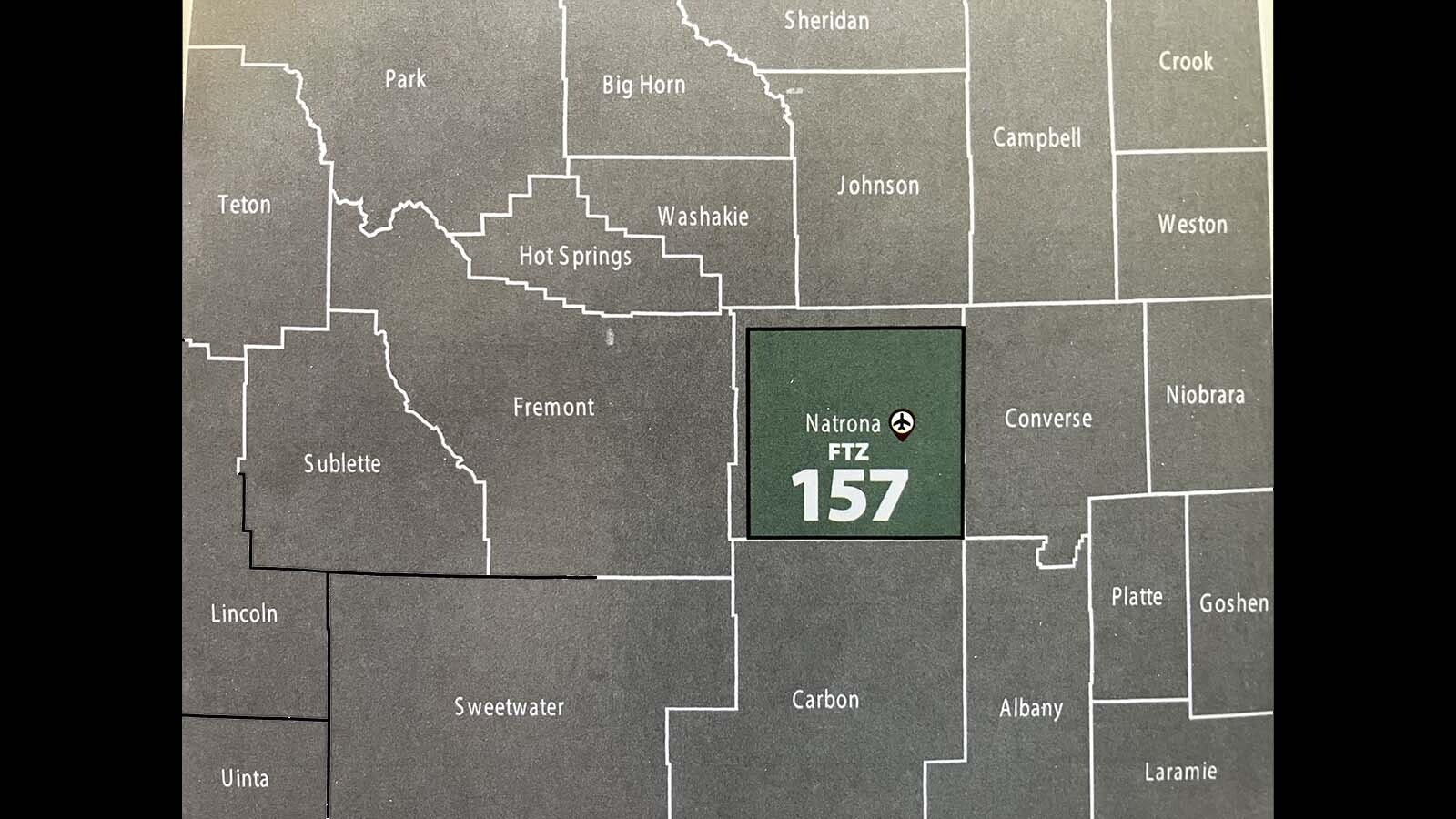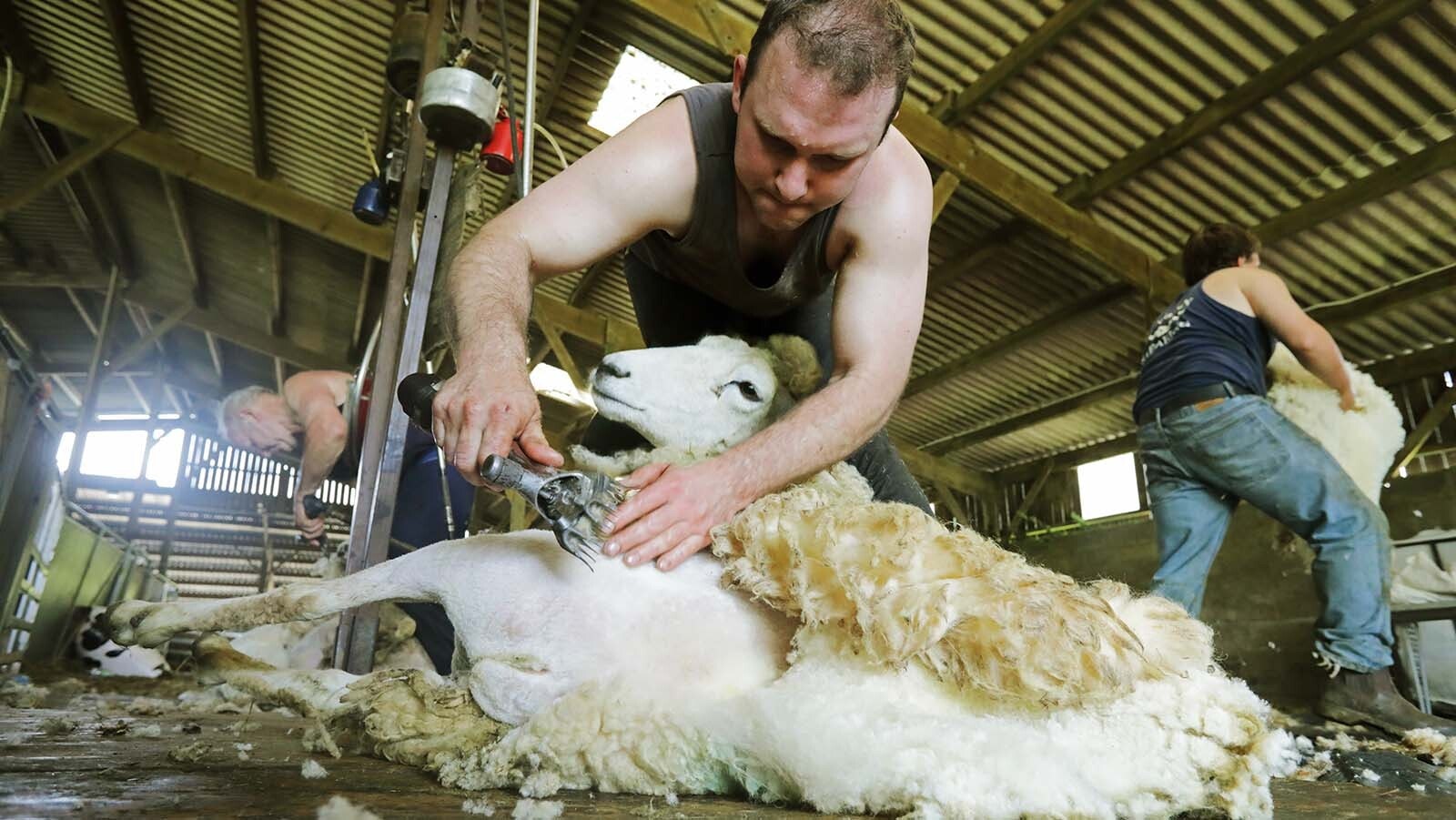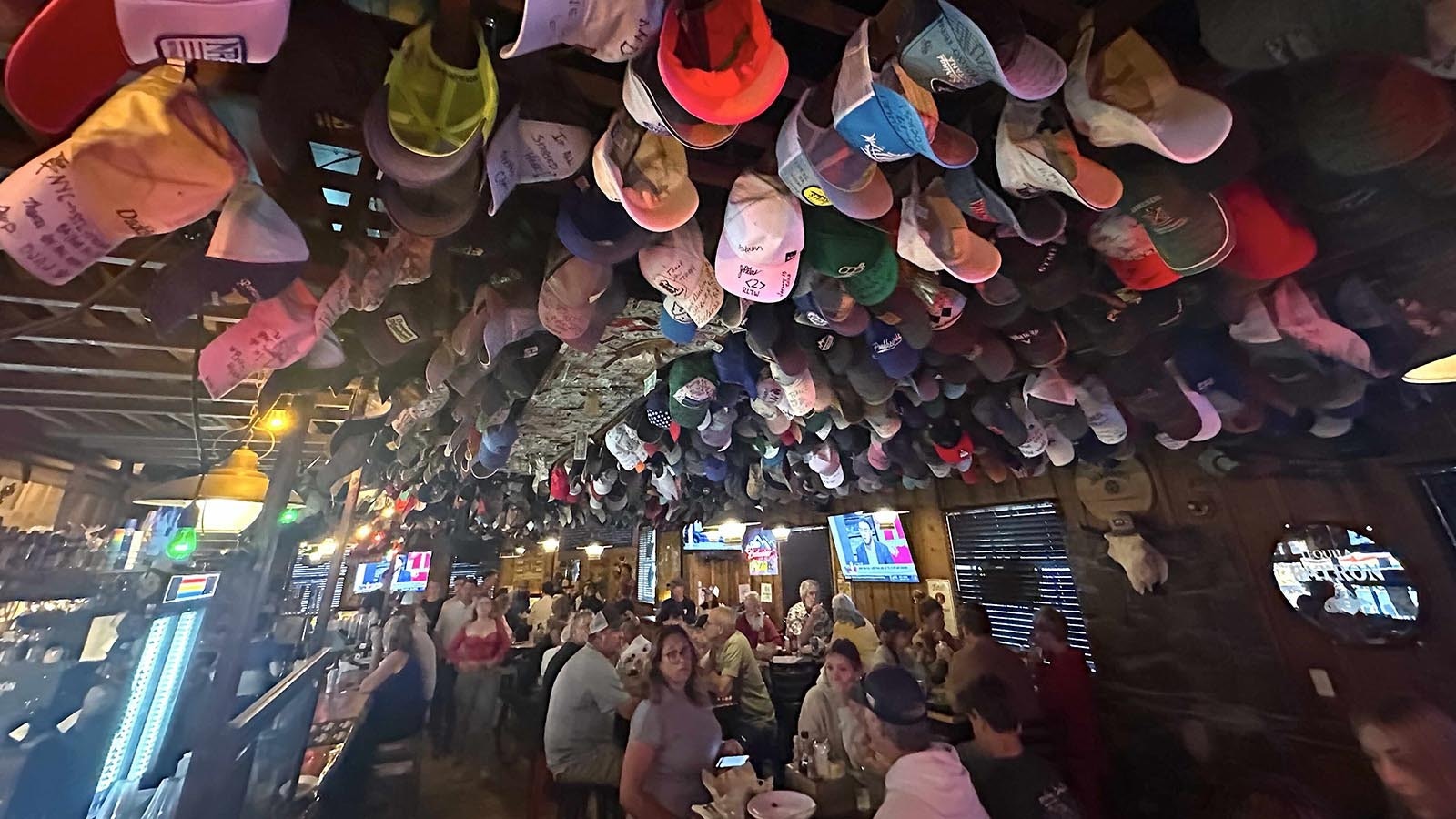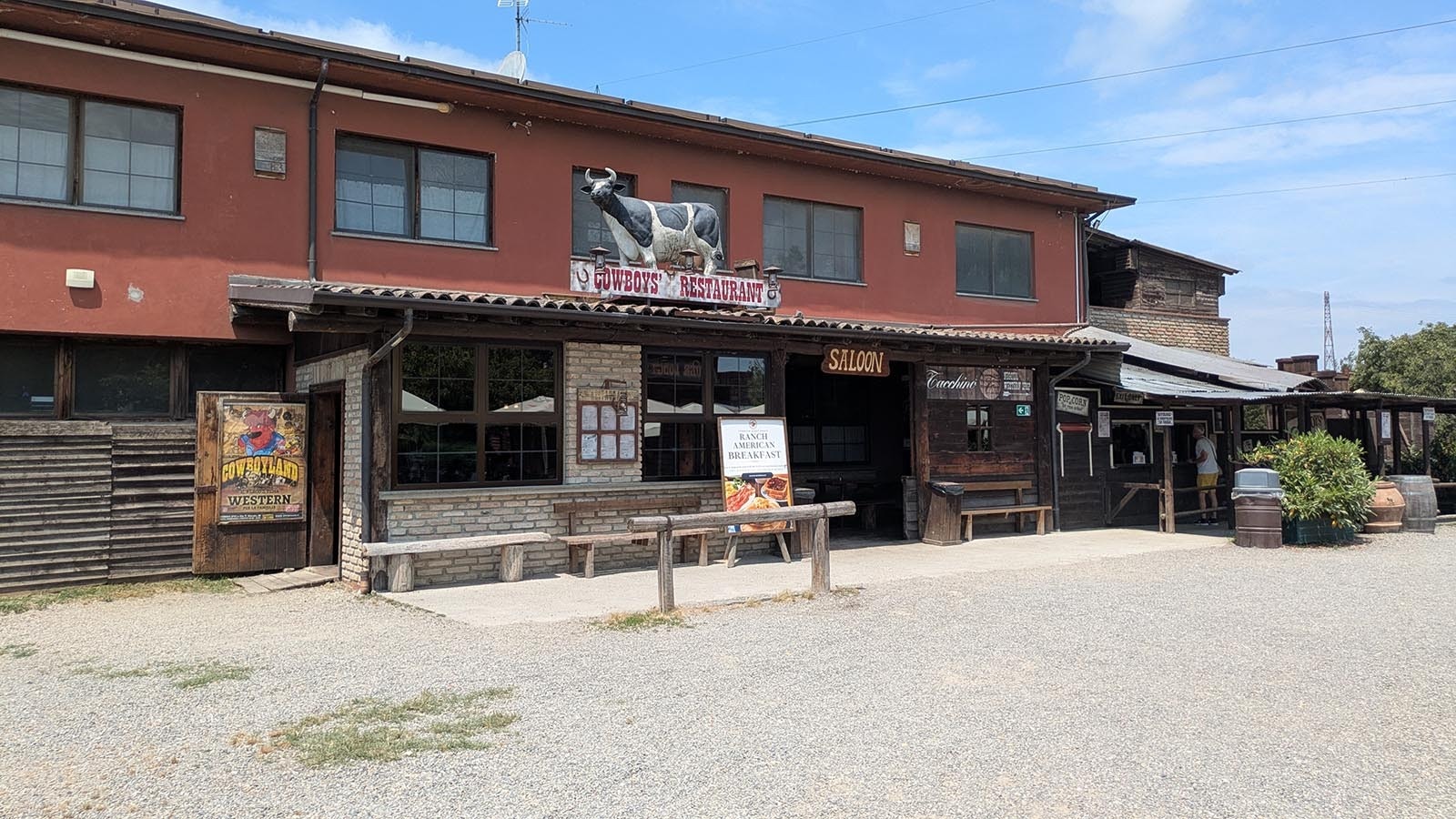CASPER — Stepping out of Wyoming and into an international space does not mean you have a cross the state line, just go to Natrona County’s foreign trade zone.
Duty payments on imported items there can be deferred, and in some cases never applied. Products and goods can be received and shipped as if they never entered the United States. For those who know how to work the system, money can be saved and made.
Theoretically, the foreign trade zone should be attractive for manufacturers to access outside markets because they don’t have to pay duty fees on those sales.
But no one is using it.
That’s not because of a lack of effort to market Wyoming’s only foreign free trade zone as an economic driver. Officials have been trying that for years. Casper/Natrona International Airport Director Glenn Januska believes the time has finally come for manufacturers and others to reap some of the rewards an international free trade zone can bring to the county and state.
“You can have stuff come into the foreign trade zone,” he said. “Products that you are going to manufacture something with and then ship it out of the country and never pay a duty on it because technically, even though you have manipulated or added value to that product, that product was never sold in the United States.”
The foreign trade zone initially began as an area at the airport, but now includes most of Natrona County.
Januska sits on the board of Advance Casper, a public-private collaboration to drive economic development in the region. He said he is working closely with the group and believes the next year or so will see companies in the region take advantage of the free trade zone as education and marketing efforts take root.
A Rancher’s Story
Wyoming rancher Patrick O’Toole believes the trade zone may be able to work for him at some point. He was a part of its initial creation through efforts with Wyoming’s late U.S. Sen. Malcom Wallop as he tried to find a way to transform the high-quality wool from his flocks of sheep into something other than a commodity.
As a former Wyoming state legislator, O’Toole met a man from India and learned that an Indian family had dismantled a U.S. wool processing facility on the East Coast and set it up in India. He traveled overseas hoping to be able to broker a deal where the Indian company could transform wool from Wyoming, create a product, and then he could bring it back to the U.S. and a Wyoming foreign trade zone. It didn’t work out, but the trade zone did.
O’Toole is rethinking how to use the free trade zone as he enters the new year and is now sending his wool to Europe. He is still trying to find ways to get away from commodity prices that pay the rancher pennies on the dollar.
“We think that our wool, and a lot of the wool in Wyoming, is more than a commodity product,” he said.
O’Toole gives the example of a woolen suit, marketed using former President Donald Trump’s brand. “If you went into Trump’s store where there is a $7,000 (woolen) suit, we might get $2 out of it.”
Historical newspaper clippings reveal Wallop and the Casper Chamber of Commerce had been working on the idea of a free trade zone for several years prior to its initial approval Jan. 19, 1989. And there is a record of a June 1971 meeting of the joint committee of Laramie and Cheyenne chambers of commerce considering a foreign trade zone.
On April 14, 1995, the Casper Star-Tribune led off its regional section with the headline: “Slow progress at airport free trade zone,” the sub-headline read, “Major tenants still lacking after six years.”
As 2024 looms, it’s been nearly 35 years since Wyoming had a foreign trade zone, and it mostly remains an instrument on the shelf.

Some Costs
Januska said the foreign trade zone does carry some costs due to software, security and the need to separate components and products that come into the zone, but real savings are possible. A U.S. Department of Commerce website offers a tool that can help businesses determine potential savings that the foreign trade zone might provide.
The trade zone requires a U.S. Customs office, and Casper/Natrona County International Airport has the only such office in the state.
Should there be any future logistical nightmares at the nation’s coastal ports, such as happened during the pandemic, Januska said Wyoming’s foreign trade zone could be an answer. The product could bypass those places and receive the appropriate customs approval within Wyoming’s foreign trade zone.
Law allows overseas products and components to be shipped by plane, rail or other means into the foreign trade zone and the customs officer would break the seal and the check the material into the country. That happens now in Casper with oil field equipment out of Canada.
“Equipment is coming in that is needed to go out into the oilfield, and he is inspecting that equipment, almost like the foreign trade zone,” Januska said. “Right now, we are the only one in the state who have a foreign trade zone because we are the only one who has a customs operation here.”
What It Offers
A foreign trade zone offers:
- Duty deferral in that no duty costs are paid until the item leaves the trade zone.
- Duty elimination if a company imports a component, puts that component in a product within the trade zone, and ships it out of the country. Because it all happened within the trade zone, no duty is owed.
- Scrap duty elimination. For example, if a company imports TV sets and several arrived in damaged condition, duty on those sets would not have to be paid. If those same TVs arrived outside of the foreign trade zone, duty would still be required for the broken sets.
Januska remains optimistic for the trade zone’s usefulness.
“I think though the foreign trade zone has largely been dormant, it has the potential to really be beneficial, especially with Advance Casper’s focus on aerospace and defense manufacturing,” he said. “That is really ripe and prime for a foreign trade zone operation.”
Dale Killingbeck can be reached at dale@cowboystatedaily.com.





